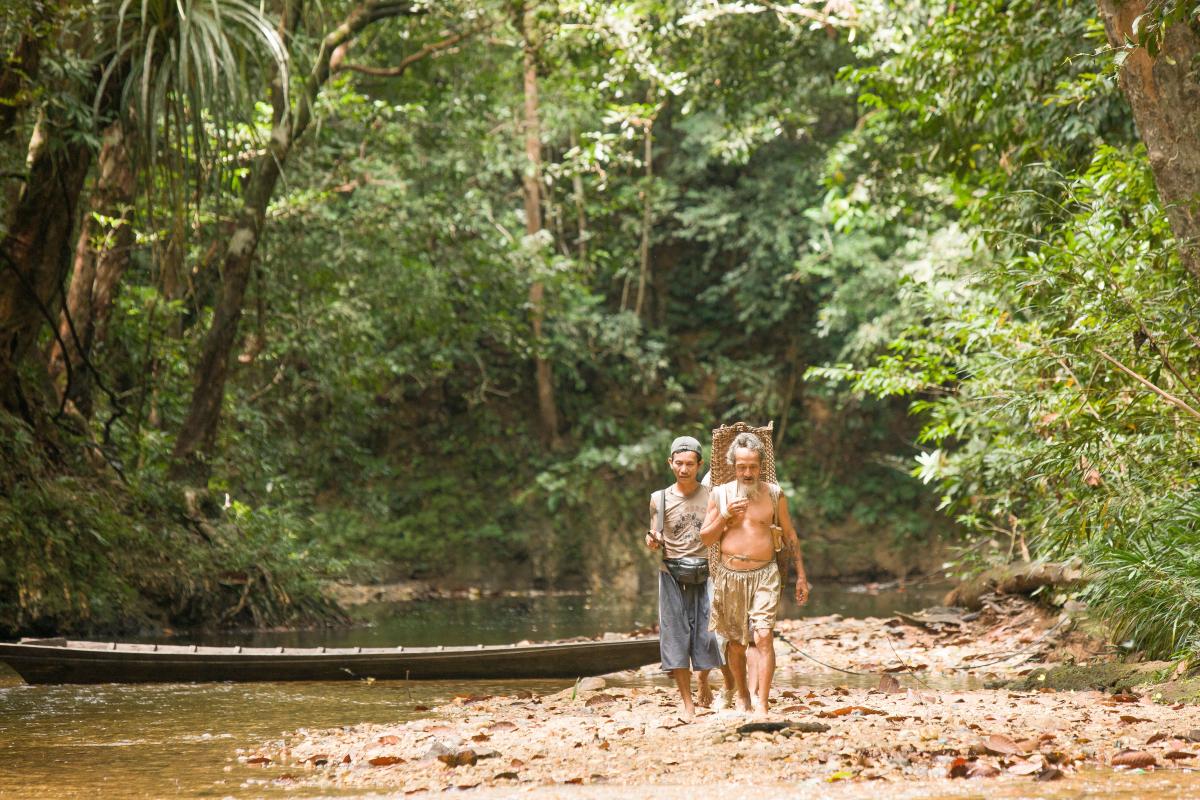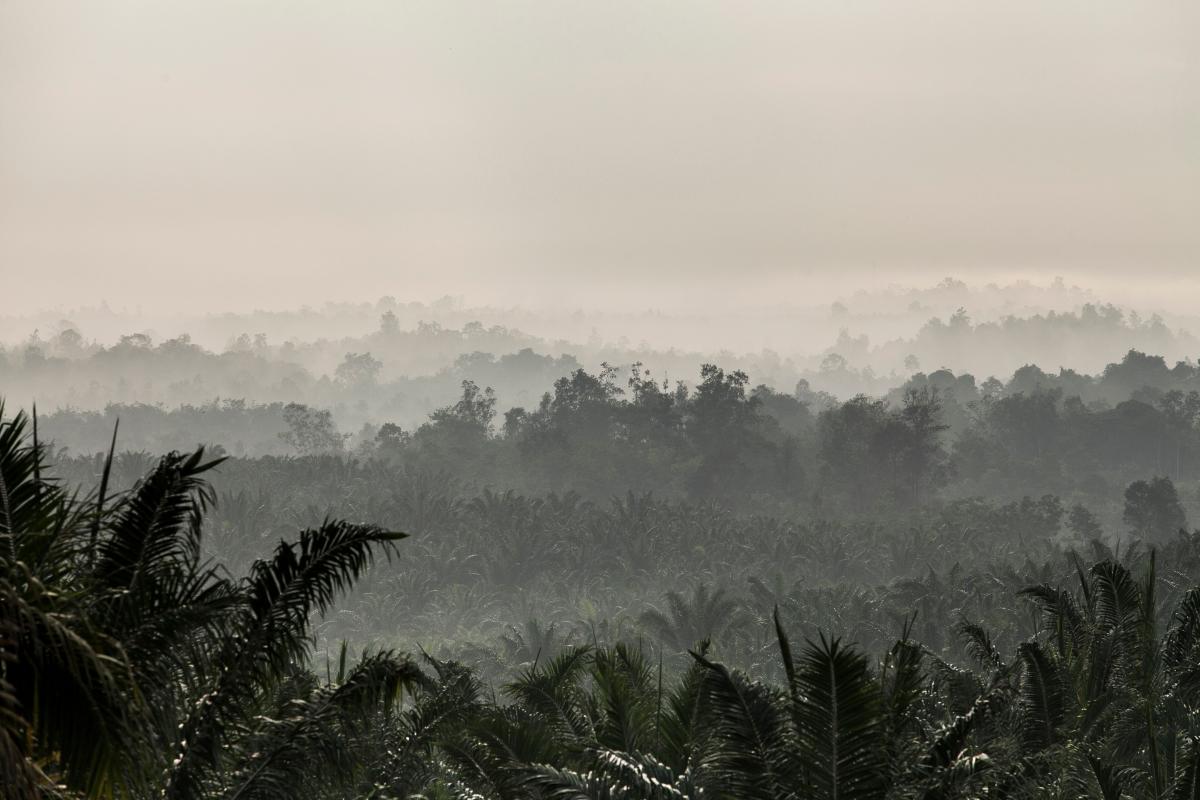Ingrid Schulte of the NYDF Assessment Partners says despite the strong commitments made in the New York Declaration on Forests, forest laws remain at serious risk of being broken in the tropical countries that are the biggest producers of palm oil, soy, and beef
Forests have the potential to provide at least 30% of the solution to keep global temperature rise below 2 degrees, yet our forests are disappearing faster than ever, and the trend shows no signs of slowing.
The New York Declaration on Forests (NYDF) is a voluntary and non-binding international pledge to act on global deforestation. It sets out 10 ambitious goals related to protecting and restoring forests and was first endorsed at the United Nations Climate Summit in September 2014.
By October 2018, the number of NYDF endorsers had grown to include more than 40 national governments, 20 provincial and state governments, 57 multinational companies, 16 groups representing indigenous peoples and 58 non-government organisations. By committing to the NYDF goals, they have agreed to do what it takes to reduce global emissions of greenhouse gases by 4.5–8.8 billion metric tons every year – equal to the United States’ annual emissions.
Forests can provide 30% of the solution to climate change yet forests are disappearing faster than ever
Every year, our coalition of civil society organizations and research institutions, the NYDF Assessment Partners, tracks progress toward the achievement of the 10 goals of the NYDF. Together, the partners publish the NYDF Progress Assessment, which consists of an in-depth report looking at progress on a selected goal (or set of goals) and brief updates on all the goals.
This week the NYDF Assessment Partners published its latest in-depth reporton Goal 10, looking at progress toward the strengthening of forest governance, transparency, and the rule of law, and toward empowering communities and recognising the rights of indigenous peoples to their lands and resources.

We find that, despite strong commitments such as the NYDF, corruption and forest crimes persist, and legal systems continue to fall short of what is needed to address illegality and rising violence against forest and land defenders. Land rights of indigenous peoples and local communities remain violated or unrecognised.
Even where communities possess recognised land rights, these rights are often not secure in practice. Access to forest-related justice and information is increasingly visible in the written law, but still very limited in practice.
In many countries forest-related governance is weak and has negative impacts on poor people, ethnic minorities, and women. But there is some hope. Local organisations themselves are leading innovations for community empowerment, such as installing financial vigilance mechanisms and focusing on women’s entrepreneurial training.
Most countries suffer from major inconsistencies with legislation governing the sectors that drive deforestation
Countries that account for almost half of the global tropical forest area have made progress in strengthening their laws and policies in recent years. However, most countries suffer from major inconsistencies within forest legislation or with legislation governing the sectors that drive deforestation, while some also lack of political will to implement these laws.
Furthermore, where commercial agriculture is causing significant forest loss, the risk that forest-related laws are violated in the production of commodities remains alarmingly high. The permanent conversion of land for agricultural expansion to produce commodities such as palm oil, soy, paper/timber, and beef products and other non-forest land use such as mining or energy infrastructure account for 40% of tropical deforestation. In two-thirds of major timber-producing countries and all the countries that are the largest tropical producers of palm oil, soy, and beef, there is a significant risk of one or — in most cases — multiple forest-related laws being broken.
It is not just governments in tropical producer countries that need to improve governance efforts around forests. In several western countries, such as Russia, Romania, Italy, and Poland, illegal logging remains a problem. Additionally, places like the European Union, the United States, and China are major importers of illegally sourced commodities.

Credit: If Not Us Then Who/Nanang Sujana
While these countries are beginning to adopt demand-side regulations that prohibit the sale and import of illegally harvested timber, policies in other commodities are less advanced. In developing countries, we see poor governance due to strong laws but weak enforcement, while in a number of developed countries there is better governance but weaker laws, in particular when it comes to indigenous peoples. In agricultural commodity supply chains, lack of transparency and poor traceability act as barriers to monitoring company commitments and many companies remain reluctant to share data or provide vague or incomplete information when reporting on their activities.
The other NYDF goals include ambitious targets to end natural forest loss by 2030, with a 50% reduction by 2020 as a milestone toward its achievement. In addition, the declaration calls for restoring 350 million hectares of degraded and deforested lands by 2030, supporting the private sector in eliminating deforestation from the supply chains of major agricultural commodities by 2020, and providing financial support to reduce emissions related to deforestation and forest degradation.
We are currently not on track to meet the goal to halve natural forest loss by 2020. In the years after the NYDF was endorsed (2014-17), average annual emissions from gross tree cover loss actually increased in over 70 tropical forested countries, compared with a 2001-13 baseline. It is undeniable that if we do not improve the way we govern forests, we risk not meeting any of our goals. However, we are taking steps in the right direction. Now is the time to pick up the pace.

Ingrid Schulte is land use consultant and the coordinator of the NYDF Assessment Partners

